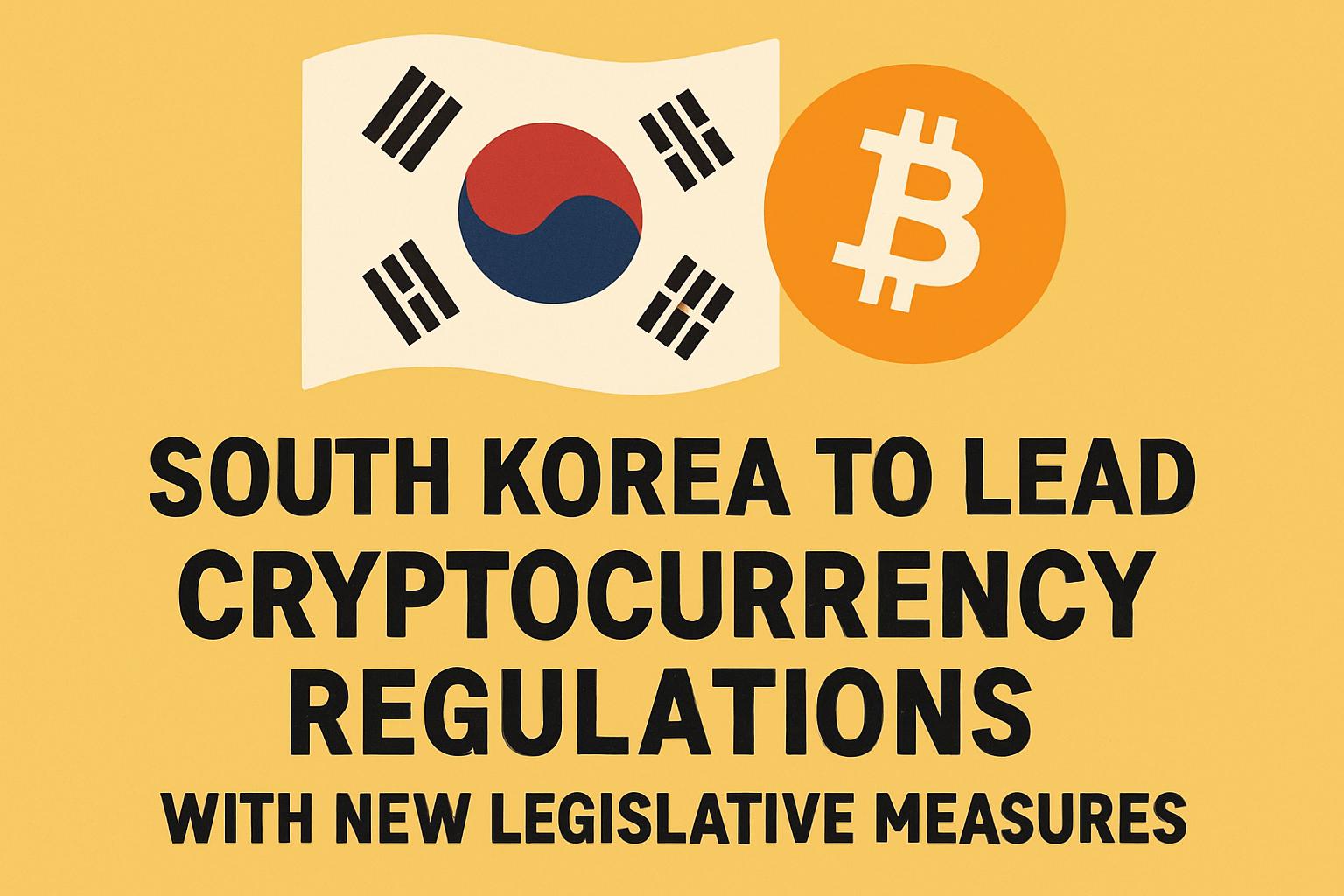South Korea is making headlines in the world of cryptocurrency as its Financial Services Commission (FSC) announced a blueprint for sweeping reforms aimed at the virtual asset market. These reforms promise to shift from self-regulation to legal intervention, enhancing transparency and investor protection. This move signifies South Korea’s intent to align its framework with international standards set by countries like the United States, Japan, and the European Union.
Standardizing Listing and Trading Practices
In a bid to curb the phenomenon of “pump-and-dump” often seen with new coin listings, the FSC plans to standardize the criteria for listing, delisting, and suspending trades. This change aims to enforce a mandatory disclosure mechanism, addressing the volatility caused by lax scrutiny that triggers market speculation.
Back in May, the FSC had already indicated its intent with a revised set of trading guidelines called the “Model Case for Trading Support,” emphasizing the need for exchanges to ensure adequate market liquidity before allowing trading. These guidelines will now be formalized into the upcoming second-phase legislation, known as the Virtual Assets 2.0 Bill.
Nomenclature and Definitions Are Evolving
An interesting aspect of the upcoming legal reform is the terminology shift from “virtual assets” to “digital assets” and the introduction of precise definitions such as “distributed ledger technology.” This lexical refinement aims to enhance legal clarity and broaden technical inclusivity.
Moreover, the legislation aspires to meticulously categorize types of operators in the digital asset ecosystem, such as exchanges and brokers, while implementing fundamental conduct regulations like prohibiting insider trading.
Stablecoin Regulations to Establish Issuer Licensing
Stablecoins, a hot topic worldwide, are also under the legislative microscope. The FSC is inching closer to finalizing a regulatory framework that will introduce an issuer licensing system for stablecoins. Issuers will be required to hold 100% coverage of high-liquidity assets such as deposits and government bonds, thereby ensuring robust safeguards for users. The plan includes granting users redemption rights, and draws inspiration from existing international stablecoin oversight models.
Addressing Market Monopolies
The FSC’s reform agenda also includes scrutinizing the market dominance of major exchanges like Upbit and Bithumb, which commandeer the Korean won cryptocurrency market. An investigation, launched alongside the Fair Trade Commission, is exploring the regulatory landscape both domestically and internationally, considering the impact of existing policies on market competitiveness.
Expected to conclude by December, this study will determine the direction of future reform measures, ultimately aiming to foster a more competitive market environment.

![[News] Bitcoin at a Turning Point? 10x Research Signals a Bullish Macro Shift Ahead](https://cryptoexplores.com/wp-content/uploads/2025/06/new20250616.jpg)
![[News] Binance Lists $HOME, the Gas-Free, Bridge-Free All-in-One DeFi App](https://cryptoexplores.com/wp-content/uploads/2025/06/news20250617.jpg)